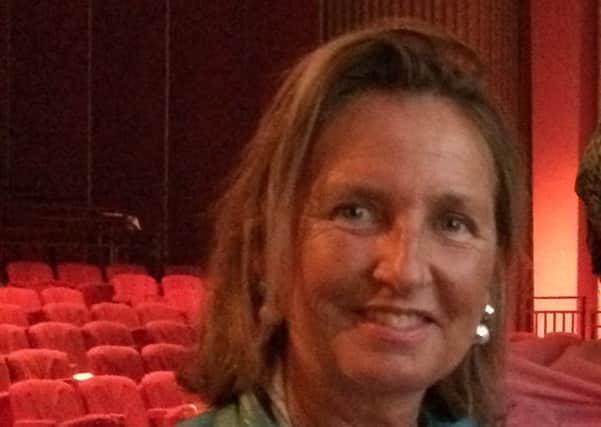It will take a '˜calculated revolution' to dial down threat of global warming


It will also be remembered as the year when carbon dioxide levels crossed the 400 parts per million (ppm) threshold, well above the 350 ppm level considered “safe”. Scientists warn carbon dioxide levels may never return below the symbolic 400ppm mark in our lifetime.
In July, an international team of scientists issued a report confirming that global biodiversity had also dropped below safe levels. By studying more than 2 million records of 40,000 animal and plant species, the report provides the most comprehensive analysis of global biodiversity decline to date.
Advertisement
Hide AdAdvertisement
Hide AdMeanwhile, the 2016 UN World Water Development Report warned that reduced water availability will further intensify competition for water among users, including agriculture, maintenance of ecosystems, human settlements, industry and energy production. The potential impacts on social and economic activity are real and possibly severe.
On the first days of January, scientists from the Universities of York and Berkeley in California confirmed the steady warming of the oceans for the past 75 years. By decoupling three independent data sets from satellites, buoys and robotic floats, their results confirmed a previous report by the US National Oceanic and Atmospheric Administration that oceans have warmed by 0.12 degrees Celsius per decade over the past two decades.
What does this tell us? In short, we have become a threat to ourselves. We are threatening the climate system, the water cycle, the biodiversity, the nitrogen cycle and the ocean chemistry.
Given the complexity and urgency of the problem, nothing less than a calculated revolution in the way we plan, live, do business and enjoy recreation is required. The good news is that UN Member States have agreed the 2015 Sustainable Development Goals (SDGs), an agenda which, if taken seriously, has the power to transform the world one community at a time, and deliver a fairer and more sustainable future for all.
Scotland was one of the first nations to express strong political support for the SDGs. The recently adopted Scottish Government International Development Strategy positions Scotland as a responsive country committed to playing its part in supporting historic and contemporary partners Malawi, Rwanda, Zambia, and Pakistan in advancing the SDG agenda in their respective territories.
In the context of global governance, 2017 marks a fresh beginning with a new Secretary-General, António Guterres, taking the helm at the United Nations. One of his first moves was to appoint former Nigerian Environment Minister Amina Mohammed as the UN Deputy Secretary-General. Ms Mohammed is well respected for her work serving as a Special Adviser to the previous Secretary-General Ban Ki-Moon.
She played a critical role in facilitating the process that culminated in the adoption of the 17 SDGs in September 2015. She is an emerging star and joins an illustrious group of female “thought-leaders” who have influenced environmental and sustainability movements down the decades, including US marine biologist Rachel Carson, whose work is often credited with advancing the global environment movement, German Green politician and activist Petra Kelly and British former sailor Ellen McArthur, now a leading advocate of the concept of a “circular economy” which promotes resource productivity to reduce waste and pollution.
A proud mother of six children, during the SDGs negotiation Ms Mohammed stated: “I see the SDGs as my 17 children, and every single one of them is special in a different way, but together they are amazing…”
Advertisement
Hide AdAdvertisement
Hide AdThe world today is marked by a strong and creative tension between what is global and what is local. Building coherent plans of action that bridge the two agendas – domestic and international – remains the great challenge ahead for Scotland and the world community.
Under the leadership of Unesco’s Global Action Programme on Education for Sustainable Development, key educational partners are working to unleash the potential of the SDGs and accelerate change at the local level. Their work is informed by a belief that education – the fourth of the SDGs – underpins and serves as a means of implementation across all SDGs. Through education and learning, individuals and groups can be engaged, informed and inspired to participate in sustainability action.
This is the time for humanity to come together, at local and global level, to recognise the collective responsibility we have to regenerate our planet’s life systems. It was once said that “we’re all in this together”. In an increasingly interdependent, uncertain and unpredictable world, that concept has never been more apt.
May East, chief executive Gaia Education